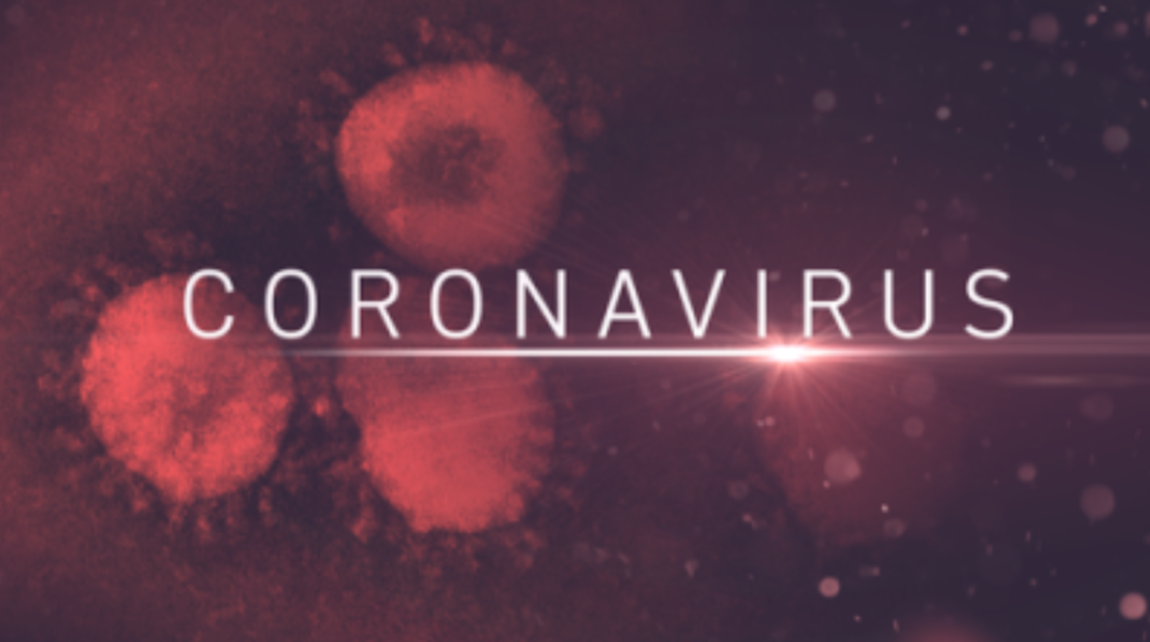 The coronavirus should have everyone's attention by now, health experts say. And people with heart disease have extra reasons to be alert.
The coronavirus should have everyone's attention by now, health experts say. And people with heart disease have extra reasons to be alert.
The mortality rate for COVID-19 in the general population is still considered to be low, likely even less than the current estimate of 3 to 4 percent according to the World Health Organization (WHO). However, that rate jumps to 10.5 percent for people who have cardiovascular disease, according to a bulletin released by the American College of Cardiology (ACC).
People with underlying cardiovascular disease actually have a higher mortality rate when it comes to COVID-19 than people who have an underlying chronic respiratory disease, who experience a 6.3 percent death rate, according to the bulletin.
All viruses take a toll on the cardiovascular system, and although doctors still don’t fully understand COVID-19, it is a virus and studies have shown that many viruses can cause arrhythmia and even heart attacks.
COVID-19 causes a severe inflammatory response in the body and inflammation is the biggest cause of heart attacks. Inflammation can cause otherwise benign plaque buildup in the arteries to swell, causing blood clots, heart attack, and stroke.
The virus can also trigger heart conditions in people who didn’t have them before contracting the virus. COVID-19 can cause sepsis, too. Such complications can decrease blood oxygen levels, which can also affect the heart. Not knowing what we’re dealing with adds to the risk because we can’t completely predict the outcomes.
There are some precautions you can take to both protect yourself from the virus itself as well as to lower your risk of developing complications if you do contract the COVID-19 virus.
Tips For Protecting Yourself Against Coronavirus
Take Your Heart Medication
It’s always important to keep up with any heart medication your doctor has prescribed, and even more so when you are at risk of being exposed to the COVID-19 virus.
By taking your medication, you can better protect your heart, which can help protect you against complications of COVID-19 if you do get it.
People with heart disease also need to pay extra attention to symptoms, such as being short of breath, having chest pain, or having an irregular heartbeat.
Get a Flu Shot
The most promising vaccine for the COVID-19 virus has just entered clinical trials — in which new drugs are tested on humans to determine whether or not they carry any dangerous side effects — and is still about a year out from reaching the public.
There are, however, vaccines for influenza and viral pneumonia, two viruses that also increase a person’s risk of heart problems and weaken the immune system. According to the Centers for Disease Control and Prevention (CDC), more than 40 percent of Americans didn’t get a flu shot during the 2017–2018 flu season.
People with heart disease and those who have had a stroke are at risk of developing serious complications from the flu. Studies have shown that for people with heart disease, influenza is associated with an increase of heart attacks and stroke, according to the CDC website.
The agency also recommends that “people who have heart disease should be up-to-date with pneumococcal vaccination to protect with pneumococcal diseases, such as pneumonia, meningitis, and bloodstream infections.”
Wash Your Hands and Avoid Touching Your Face
The COVID-19 virus is particularly good at surviving outside of the human body, so hand washing is the key. And avoid touching places that have potentially been touched by an infected person because not all infected people have symptoms.
These are places like elevator buttons, subway poles, and essentially anything else in the public space. If you do, make sure to find a sink as soon as possible and wash your hands. Lather up with soap and warm water and keep it up for at least 20 seconds. Washing your hands with soap and warm water is the gold standard of hygiene but if you don’t have access to facilities, hand sanitizer is the next best thing.
You should also avoid touching your face — especially your eyes, nose, and mouth, where germs can easily enter the body — which may be harder than you think. A small study of 26 college students, published in February 2015 in the American Journal of Infection Control, found that on average, participants touched their face 23 times per hour.
Get Updates and Information From Credible Sources
The internet has become flooded with information on the signs of COVID-19, how to prevent it, and a wealth of other information. But it’s important to remember that not everything you read is fact. Some of this information has even created incorrect stigma and racial biases. Get information directly from primary sources, such as the CDC, WHO, U.S. Food and Drug Administration (FDA), or other government agencies, as well as getting news from sources that credit these agencies in their reporting.
Avoid Unnecessary Measures, Like Buying a Face Mask
According to the CDC, no recommendation can be made at this time for mask use in the community by asymptomatic persons, including those at high risk for complications, to prevent exposure to influenza viruses. The CDC does not recommend that the general public wear N95 respirators to protect themselves from respiratory diseases, including COVID-19.
The huge surge in unnecessary surgical mask purchases by the general public has actually created a shortage of masks for healthcare workers, who recently had to perform heart surgery using a different type of protective mask than what his hospital usually supplies.
Reserve masks for if you are sick. If you have an illness, it’s your duty to not spread that to other people. In other words, if you don’t have symptoms and have not been diagnosed with the flu, the common cold, COVID-19, or another illness, don’t worry about wearing a mask.

